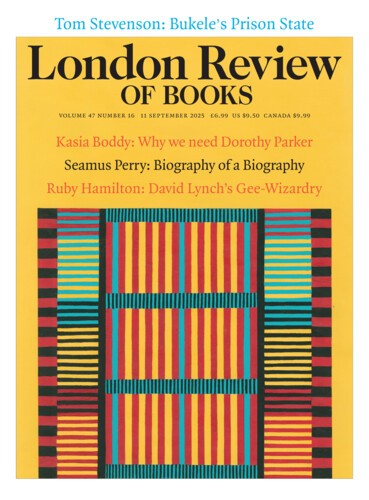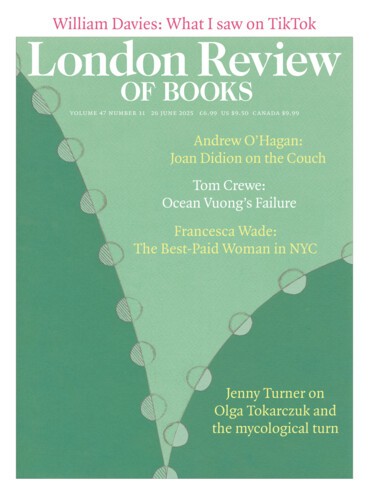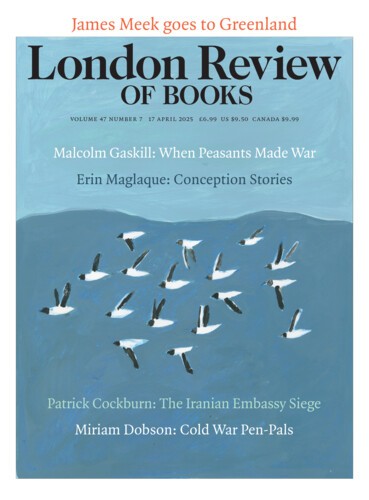Dance in the Rain: Sturgeon comes out swinging
Dani Garavelli, 11 September 2025
On the afternoon of 14 August – the publication day of her memoir – Nicola Sturgeon was interviewed by Kirsty Wark in the McEwan Hall in Edinburgh. Sturgeon was wearing a red top and red shoes: she wears red on days she needs to feel in control. But the audience members didn’t want to tell her off, rather to thank her for ‘all you’ve done for Scotland’....





